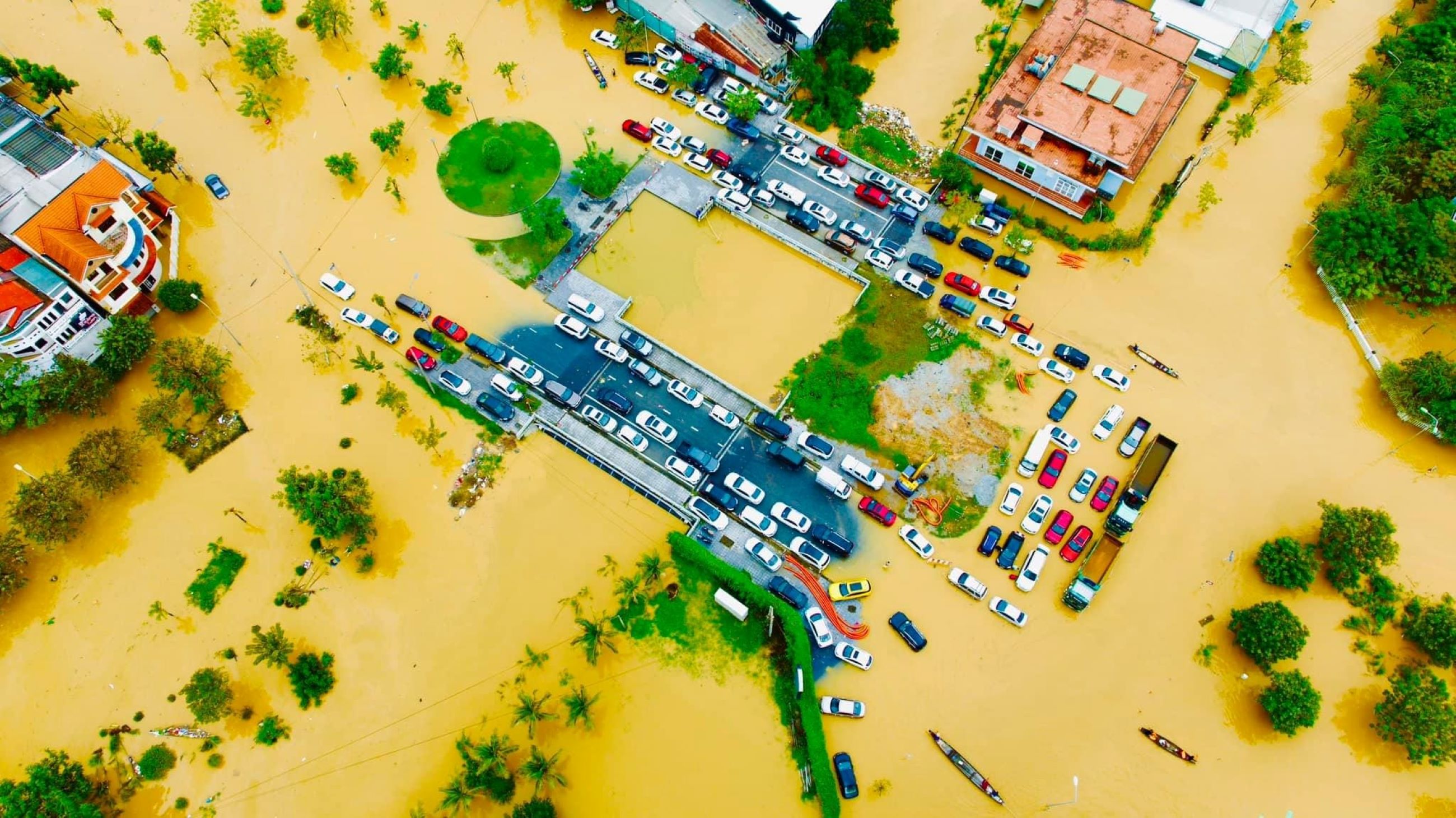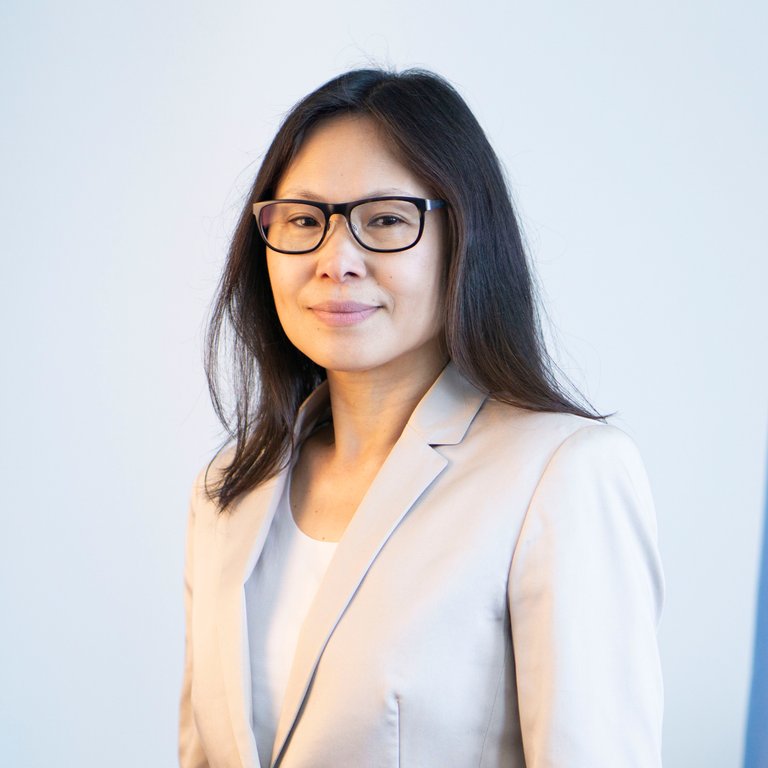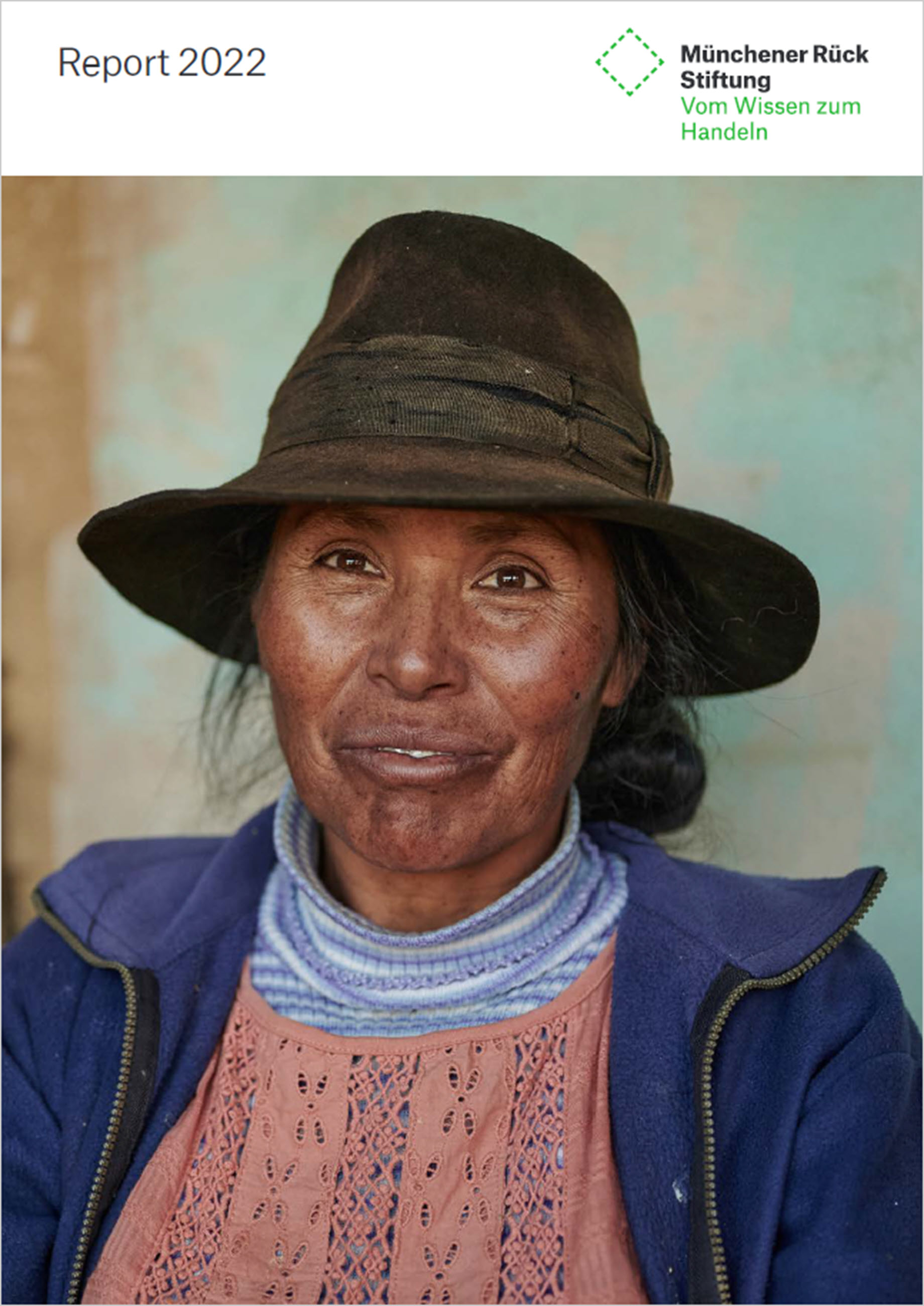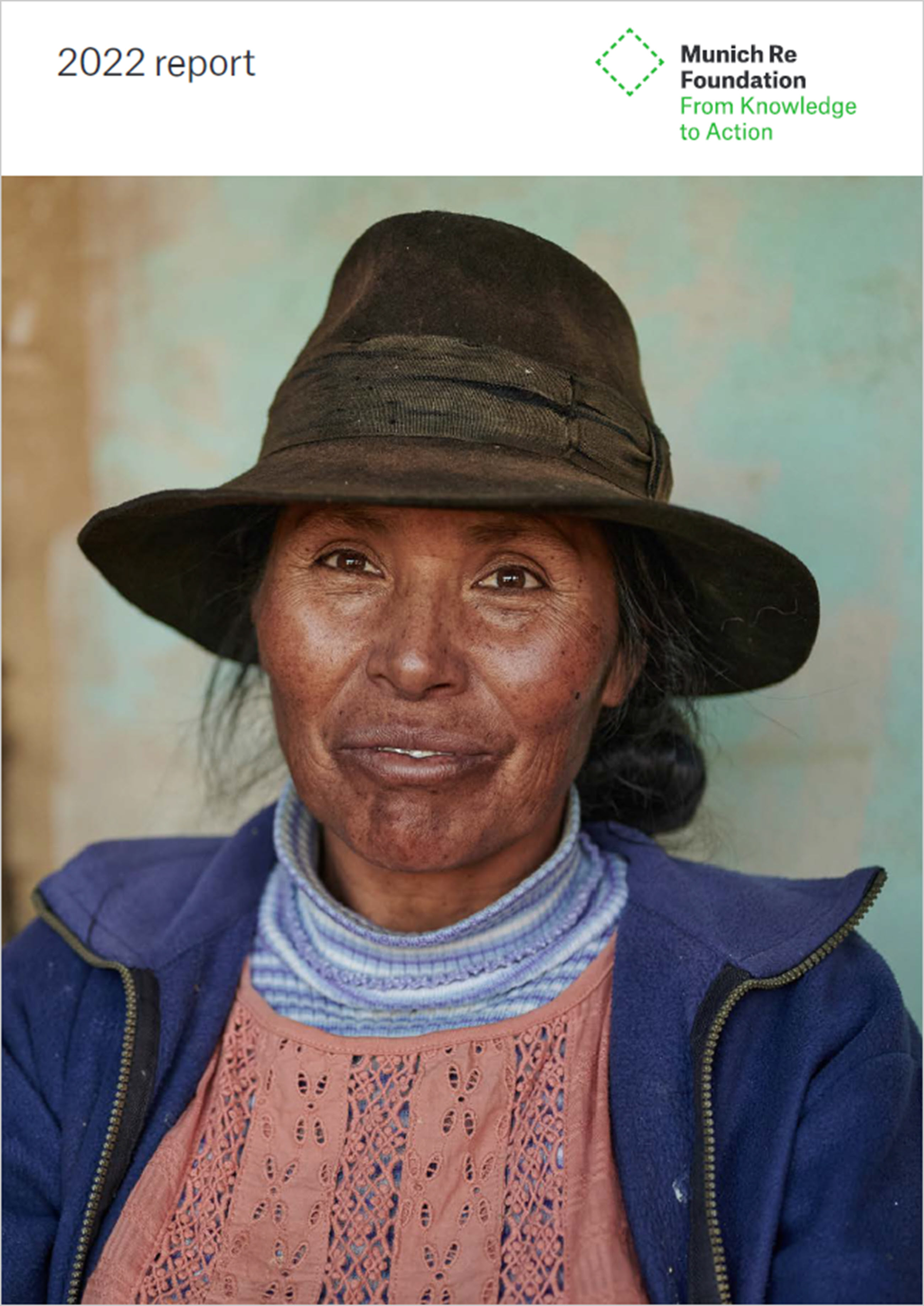
How should life be after the global crises?
An essay by Prof. Xiaomeng Shen
properties.trackTitle
properties.trackSubtitle

The impact of today’s cascading, interlinked global crises are enhancing and worsening the already existing threats to humanity.
While economic development has brought humanity unprecedented material wealth, health and high living standards, it has also led to the crises of climate change, environmental degradation, socio-economic inequities and has discounted our collective future. More strikingly, even the countries benefiting from some of the highest levels of good health, wealth and education outcomes are reporting even greater anxiety than 10 years ago, and 6 in 7 people worldwide are plagued by feelings of insecurity, reports the UN Development Programme this year. According to the World Health Organization, 1 in every 8 people in the world live with a mental disorder.
It seems obvious that decades of development have not delivered a “good life” for all, leaving no one behind as SDGs ask of the global community, although we already possess sufficient technology and wealth to overcome the major global challenges such as climate change, poverty and inequity. This leads to the question: what would it take us to reach the noble goals the countries of the world agreed to and set out to achieve?
The Intergovernmental Panel on Climate Change (IPCC) stated at the launch event of the 2022 report that we need to fundamentally change our way of life to tackle the climate crisis, as it has become an existential threat. Such a change requires a profound mindset shift from the current thinking towards a radically different thinking and urgent transformation on a global scale. It entails nothing less than moving away from the mainstream economic narratives of “growth is good” which have been dominating societal and political discourses, despite having failed to deliver well-being for all. A re-imagination of the current growth paradigm towards human well-being based on sustainability and equity is needed to enable humanity as a whole to flourish in an alternative “growth” model beyond the scope of material throughput.
To change a deeply ingrained paradigm is no easy task, however, even a long-standing societal agreement is only an agreement which we bought into and is not naturally given, and hence can be changed and re-agreed on. Throughout human history, we have been telling and retelling ourselves different stories and negotiating our social contracts. It is a consensus, especially through the experiences during the COVID-19 pandemic, that we humans are capable of change, change of our behaviour and change of the stories we tell ourselves.
The Thomas theorem, formulated in 1928
If men define situations as real, they are real in their consequences.
The interpretation of a situation is affected by subjective perceptions of situations. The subjective interpretation then causes actions. This means that everything starts in our minds and the future is being created at the present moment. Instead of passively chasing after problem solutions, we can start actively re-imagining this world to be a place of utopia.
Many things imagined by science fiction novelists have become reality: computer, cell phone, robot, self-driving cars, and even hydrogen described as the “finest fuel derived from sea water” in the short story “Jon’s World” by Philip K. Dick, which was published in 1954. Futuristic thinking and our power of imagination should be cultivated as much as the discipline of history. Our ability to imagine a radically different future will determine if we will be able to tackle climate change, biodiversity loss and other global challenges. It is a utopia we need to create so urgently and work towards. Such utopian imagination finds its contemporary evidence within the wisdom of indigenous peoples around the world.
Their alternative ways of life, though marginalised through colonisation, confirm that a different social contract is possible and provide alternatives to the mainstream thinking. For example, symbiotically interdependent worldviews such as the African Ubuntu or Latin American Buen Vivir encapsulate the self in society within nature which are lived human values and hold the key to sustainability. It capitalises relational wellbeing which leads to human flourishment within planetary boundaries. Many indigenous peoples think seven generations ahead without knowing the word “sustainability”. Sustainability is not a concept for them, but a lived lifestyle.
The utopian future also entails a move to prioritising what is valuable, not what is expensive. Many things do not have price tags attached to them, but they are immensely valuable, such as time, friendship, interconnectedness with nature and humans. We need to cultivate these values and clearly see the benefit of such connectedness for our own well-being and cultivate a “nature-first” global culture to ensure environmental stewardship.
How should life be after the global crises? Is it a world where an alternative economy enables human well-being and flourishment and honours real contribution to humanity instead of profits? Will our actions be based on human values and will radical altruism be encouraged and cultivated? Can innovation put all people first instead of getting some countries ahead and leaving others behind? Can we overcome competition which puts some ahead of others by design? In an interconnected world, the well-being of people and the planet can only be achieved if we overcome seeing ourselves as separate from others. Global solidarity is not to serve the most vulnerable. Rather, it serves ourselves and humanity as a whole.
Since 1 August 2020, PROF. XIAOMENG SHEN has been in charge of coordinating cooperation between the UNU and various interest groups within and outside the United Nations. As Director of the UNU-EHS, she is also the chief academic and administrative officer of the institute, with responsibility for its organisation and programmes.
15 March 2023

